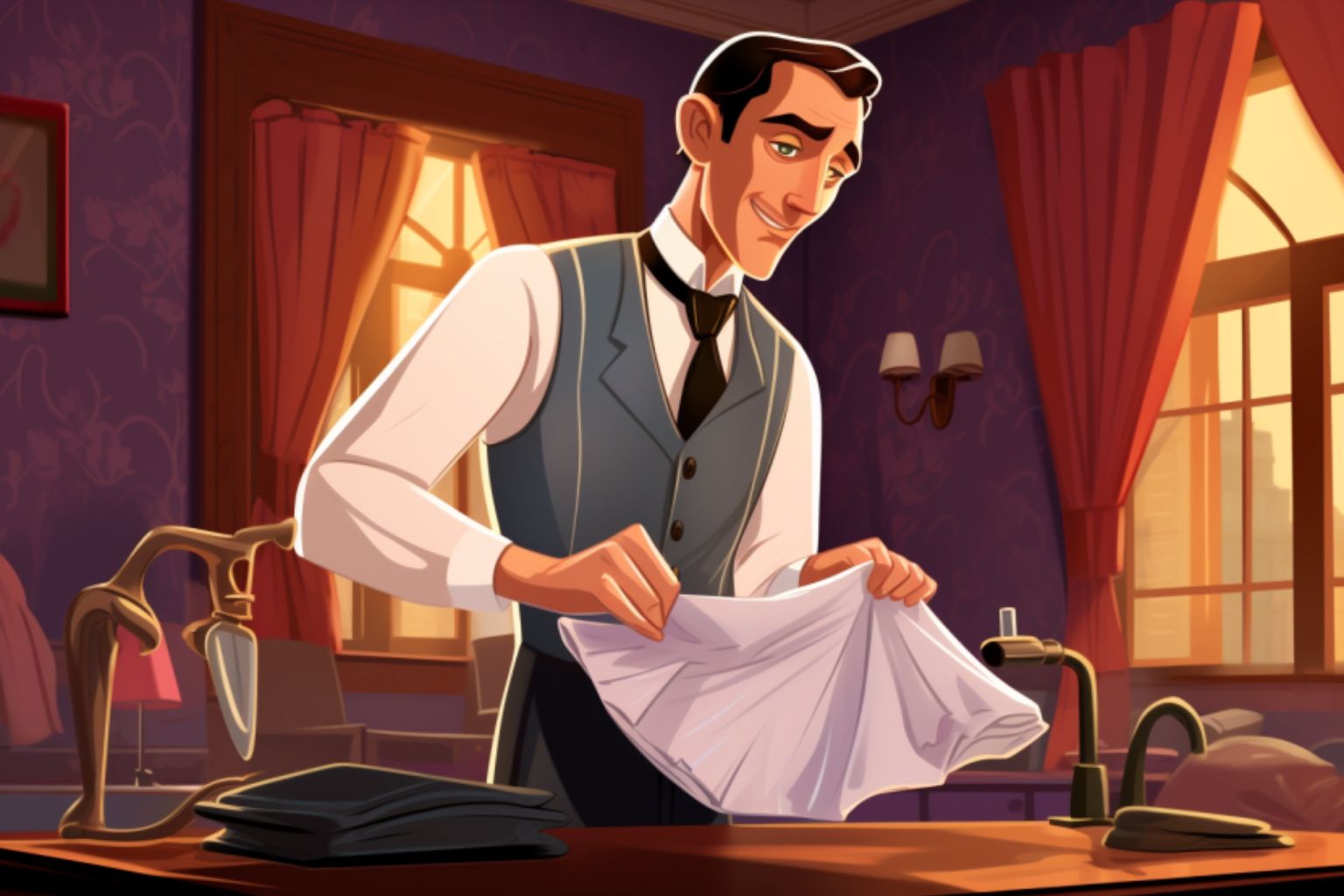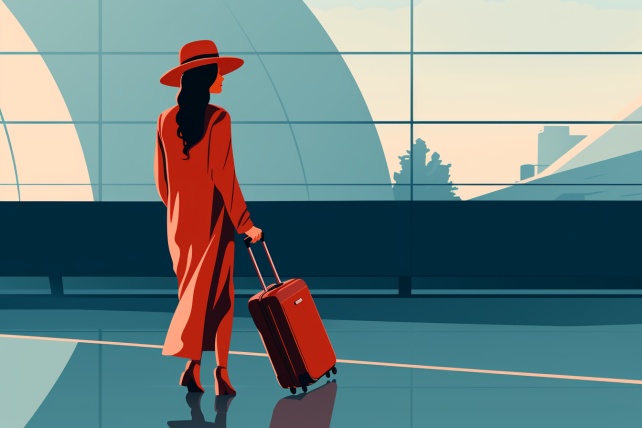How do you know if hotels have gone too far with fees? When Jay Sorensen complains about them.
Sorensen runs a Shorewood, Wis., consulting firm focused on helping travel companies generate money through surcharges and is a self-described “fee advocate.” But on a recent hotel stay in the Azores, he needed his shirts and pants pressed. A hotel clerk assured him that it could be done the same day.
The bill for ironing three shirts and two pants: $50. “I didn’t know that I had just agreed to rush service – and a big fee,” he says.
“I know,” he adds. “It’s ironic.”
Navigating surprise fees in the hotel industry
It sure is. Hotels are eagerly following the lead of the major U.S. airlines, which collected an estimated $11.6 billion in fees in 2011, according to Sorensen. By comparison, the record $1.85 billion that the hotel industry earned through fees, according to a recent NYU study, seems laughably small. But the annoyances can be high, especially when a hotel doesn’t disclose the extras. And the hotel business is trying to catch up to airlines.
As the spring break travel season gets under way, consider yourself warned. Your hotel may have a surprise fee waiting for you when you check out.
Among the most common surprise surcharges: Hotel “resort” fees, or mandatory charges for use of the exercise equipment, wireless Internet access, printing your boarding passes and using the pool – whether you use these facilities or not. These are most common in resort areas such as Las Vegas and Hawaii, but you can find them almost anywhere.
The travel industry’s unchecked practices
Natalie Haslage, a state government employee in Gahanna, Ohio, says that she’s irritated by the surcharges, not only because they’re mandatory and add to the cost of her stay, but also because they’re not always presented honestly. “Okay, I might use the Internet and I might print my boarding passes,” she says. “But those certainly aren’t worth $25 a day. Also, I love how they say the services covered by the fee are complimentary. Um, it’s not complimentary if I have to pay $25 a day.”
Late last year, after receiving numerous consumer complaints about hotel resort fees, the Federal Trade Commission warned 22 hotel operators that their online reservation sites may violate the law by displaying a “deceptively low” estimate of what consumers can expect to pay for their hotel rooms. But many in the hotel industry were dismissive of the warning, and observers doubt that the federal government will act to stop this form of dishonest pricing.
Bruce Kane, a consultant based in Charlotte, N.C., doesn’t like parking fees, particularly when there’s no way to back out of them. He recently paid $22 for parking at the Hilton Torrey Pines in La Jolla, Calif., which charged him a $22 per day parking fee. “But drive two miles away to the Del Mar Doubletree, and the rates are half – and the parking is free,” he says.
Uncovering the unseen costs
Hotels are serious about these extras. One reader, Ronda Davis, had to pay $34 to park at the Omni Royal Orleans in New Orleans’ French Quarter recently. “My car was there 20 minutes,” she remembers. After she questioned the charge, the hotel dropped the matter.
Another fee annoyance: the daily newspaper charge. Joanne Firby works for a medical services provider in San Mateo, Calif., and on several recent hotel stays, she has received a newspaper without asking for it. She later found a daily $1 charge on her bill. Hotels reveal this charge in the fine print when you check in, but it’s rarely in the form of a direct question, such as “For an extra $1 a day, would you like a copy of the newspaper?”
“They are pretty good at reversing the fee,” says Firby. “But only if you give them the paper back.”
Sneaky tactics and fine print
In the past, you might have been able to get a refund at the end of your stay just by claiming that the hotel didn’t offer adequate disclosure. But those days are largely gone. Hotels now inform their guests of the surcharges on their Web sites – though not always as part of the quoted room rate – or on often inconspicuous notices posted at the front desk at check-in, and in the fine print of your folio, which you can sometimes view through the hotel TV set.
Some hotels have also adopted policies designed to run up surcharges. Matt Blumenfeld, a guitarist who lives in Mount Vernon, Wash., says that he now refuses to accept a minibar key when he checks into a hotel. The reason?
If he lacks a key, accusing him of taking something from the minibar, stocked with overpriced candy bars and drinks, is not possible. But the industry has found a way around his strategy. “The desk clerk insists that accepting the key is required but that you don’t have to use it,” he says.
Even when allowed to refuse the key, Blumenfeld says, “I’ve caught charges for beverages from the locked refrigerator.”
There’s a reason hotels are becoming more inventive and aggressive about fees. “They’re highly profitable,” says Bjorn Hanson, an NYU professor who studies hotel fees. Of the nearly $2 billion the industry collected last year, between 80 and 90 percent was profit. (Related: Hotel fees, hidden charged bemoaned by travelers, are climbing higher than ever.)
Staying ahead of the fee game
With numbers like those, it doesn’t really matter what guests think. One look at the airline industry’s fee profits, and the hotel industry’s key players can’t help feeling like laggards.
Like airlines, they’ll introduce new fees gradually, over time. For example, a decade ago. the price you paid for your airline seat included the reservation, a meal and a checked bag. Today, most airlines make you pay extra for those “amenities.”
The fix? When a hotel employee offers you something, assume that nothing is included in the cost of your room and always ask, “How much will that cost?” (Here’s how to find the best hotel at the most affordable rate.)
But beyond that, the FTC needs to do what the Transportation Department is already doing: It can unleash an army of attorneys and regulators on the industry to ensure that consumers know the all-in rate they’re paying for their room.
Sorensen, the fee advocate shocked by a $50 bill for having his clothes pressed, insists that not all fees are out of line, but companies must disclose them.
His story, however, had a happy ending. When he complained about his charge, the hotel cut the bill in half.




